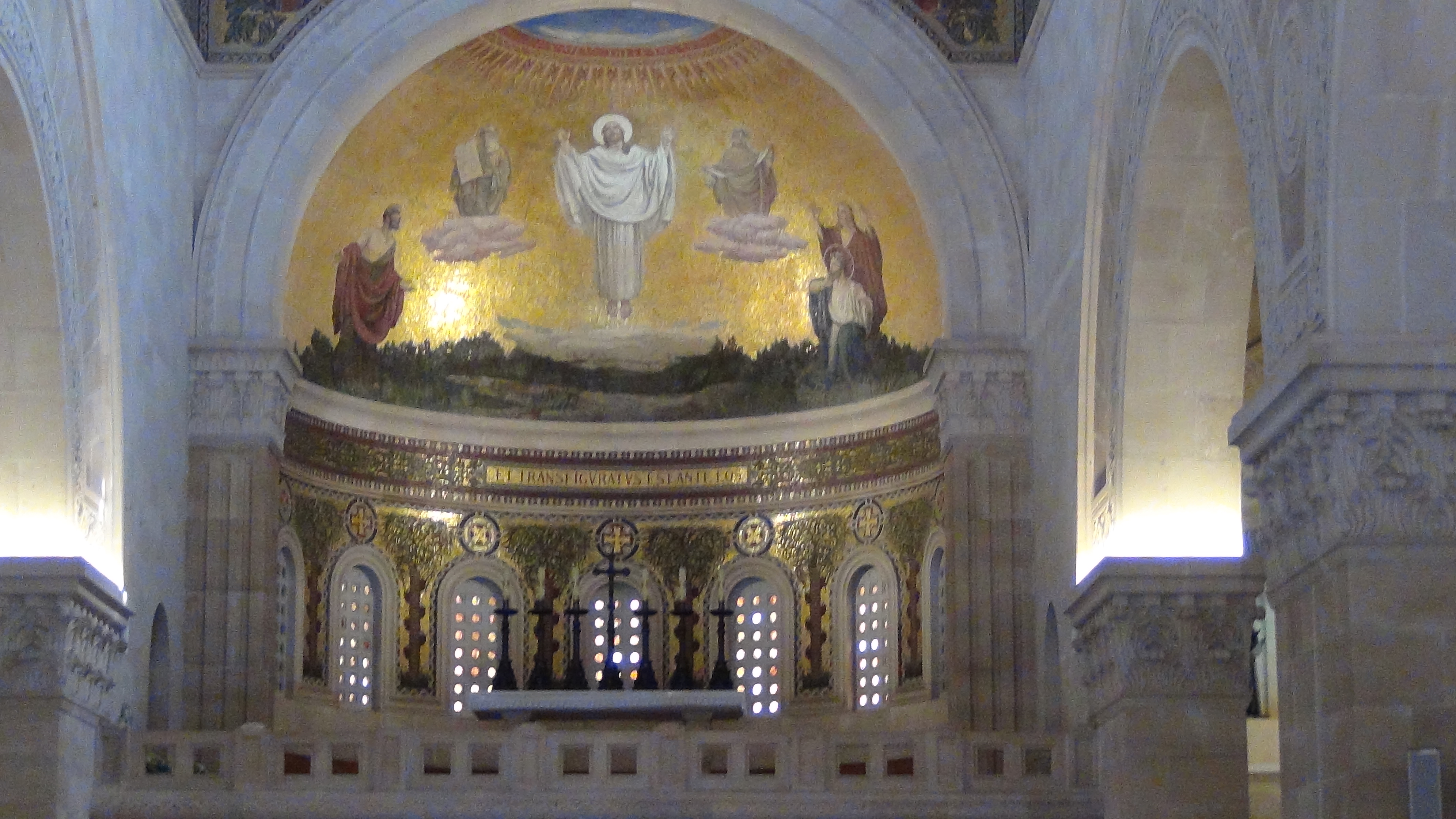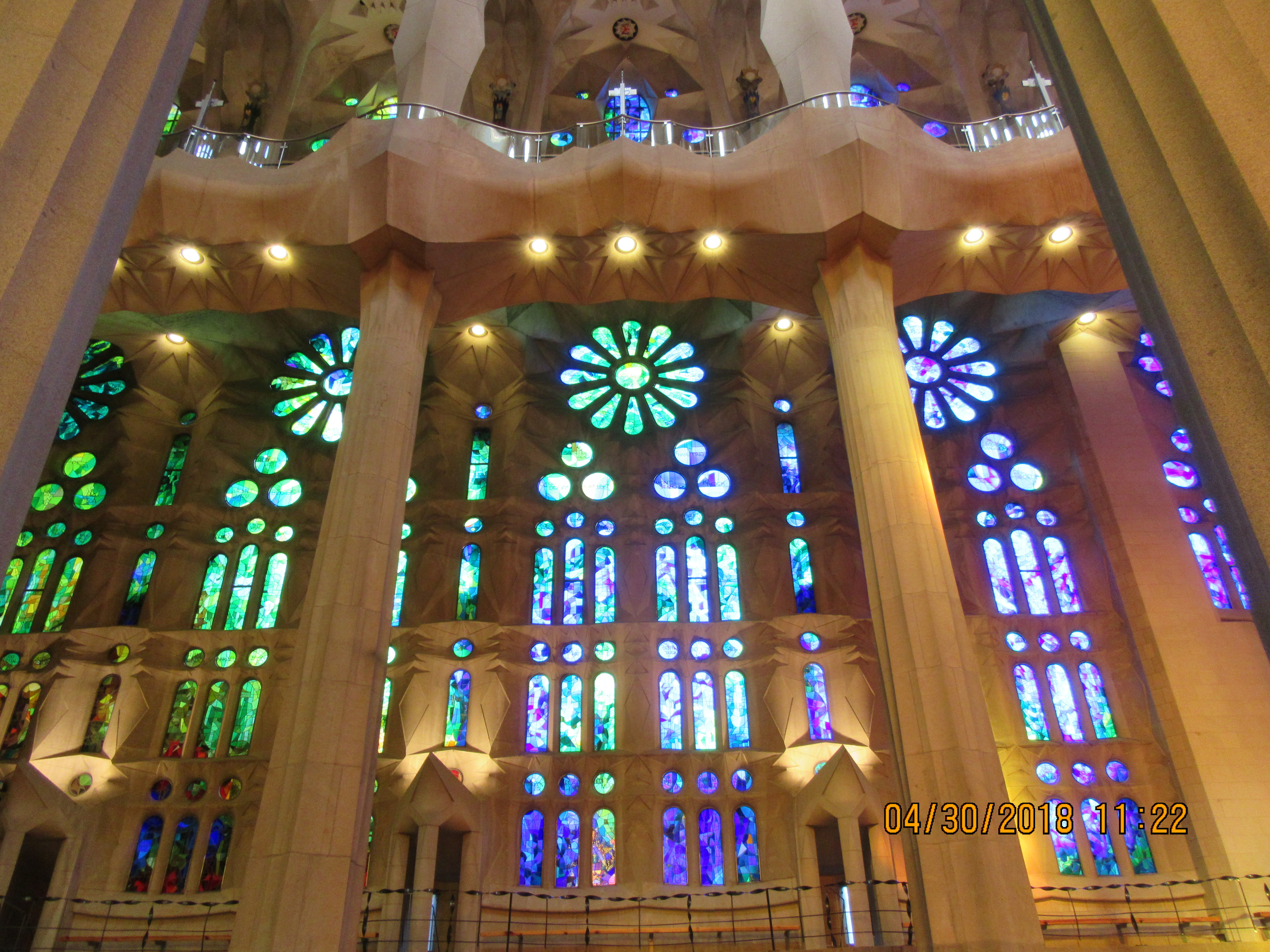Is. 35: 4-7a; Jas. 2: 1-5; Mk. 7: 31-37
Ephphatha! “Be opened”. Isaiah’s prophesy in the first reading, “Here is your God, he comes with vindication; with divine recompense he comes to save you” is fulfilled in Jesus. The healing of the deaf mute is one of many miracles performed by Jesus. Keep in mind to a deaf mute you cannot explain things so he alone with Jesus must be open to trust Jesus even if his heart is frightened he accepts what Jesus is doing to him. The crowd responds with “He has done all things well.” Scholars believe that while he was in a region with primarily Gentiles there were also Jews who knew the scriptures and recognized by this statement an awareness of the connection to Isaiah and the coming era of salvation. The miracle is a sign of the dawning of the messiah and this could be the One.
Historically, St. James letter comes after the gospel life of Jesus so we move forward from the coming of the messiah to the beginning of the early church. The early church was what we would refer to as an unsegregated group of Jews, Gentiles, rich and poor. The communities they were coming from however were very segregated in that Jews and Gentiles kept apart so the early church was faced not only with a concern for integration of two cultures but also the rich, poor, and slaves as one body in Christ to be truly Christian. Sociologist might say a social experiment in integration for the purpose of salvation with divine intervention.
The Jesus prayer to the Father for his disciples before his arrest is “Father keep them in your name…so that they may be one just as we are” (Jn. 17: 11). How united is our world, our country, our Church? The world never ceases in war, a country founded as “one nation under God” is battling to take God out of the nation, and a Church founded by Christ is in crisis failing to guard against the sin from within. Desegregation has come through changes in law not changes in hearts. Jesus prays for solidarity, that we may all be one.
St. James addresses in part one of these concerns with the human tendency to give deference to the wealthy and allow them to become “judges” over other Christians of less stature. He reminds them and all of us not to make these distinctions. We are all sinners in need of salvation.
The church addresses this concern in the call for solidarity: “solidarity of the poor among themselves, between rich and poor, of workers among themselves, between employers and employees in a business, solidarity among nations and peoples” (CCC 1941).
Solidarity among the poor themselves reminds me growing up in poor neighborhoods from the barrios of Houston to the colonias of the Rio Grande Valley. When we ran out of food such as eggs, potatoes, lard the kids were sent to the neighbor to ask if they could spare a little. It was repaid with the same kind offering when someone came knocking on your door. The man in the fruit truck would stop to sell his produce at the house and he always offered to keep a tab until payday. The poor look after each other. I remember the first time living in a middle class neighborhood around eight years old and nobody ever talked to their neighbors, everybody stayed indoors or in wood fenced backyards.
Solidarity between the rich and poor meant the landlord accepted partial payment for rent until payday and you could always buy on layaway without paying interest. The rich farmer provided shelter for the migrant workers and if necessary gave an advance to help in times of unforeseen circumstances. Now the poor turn to pawn shops and loan sharks in every poor neighborhood not to mention high interest rate credit cards.
Solidarity among workers themselves meant you learned from your peers as mentors to master a trade. The more skilled worker was the “Maestro” who may not necessarily be the “Jefe” boss man. It was the on the job school passing down a trade. Now we go to trade schools and often start in debt, get a license, and insurance before we earn a buck to pay it all back.
Solidarity between employers and employees means earning a living wage. The vision of the “American Dream” has changed over generations from opportunity to choice. Originally it was work that provided an opportunity to have a career, raise a family, own a home and serve your duty for pleasure. Over generations it has evolved to freedom of choice, upward mobility, doing better than your parents, and experiential “good life”, we all like the good life. However we define the American Dream success requires solidarity between the worker and the business community.
Finally, solidarity is needed between nations and peoples. For this we must give some credit to the Millennials generation, also called Gen Y. Gen Y defines the American Dream as “Living in an open society in which everyone has equal chance.” Their vision is family-centric with global peers. You can take an on-line course, buy merchandise, do business, and skype with family from anywhere in the world feeling connected, present, and responsible to others world-wide with a greater vision for world peace.
This is not saying the “Dream” is a return to the “good old days”. There is good, evil, and struggle in every generation from Adam and Eve on, just read the Bible. Only God is good all the time. We are a work in progress. The poor are as resourceful as the rich and the poor can be as wasteful as the rich. Solidarity is a shared responsibility for the resources God gives us to be blessed and be multiplied.
Wealth is a blessing but it can also lead to “evil designs” in the heart. As we were reminded in last Sunday’s gospel, “Nothing that enters one from outside can defile that person; but the things that come out from within are what defile.” We lose the purity of heart to be servants of the Lord. Of the twelve Disciples who would have been the wealthiest? Mathew was a Jew and a tax collector who by profession was known for their oppression of the poor in their collections. God chose “those who are poor in the world to be rich in faith” not for their material poverty but for their humility and dependent faith on God.
In baptism is the “Ephphetha” prayer over the ears and mouth with these words, “The Lord Jesus made the deaf hear and the dumb speak. May he soon touch your ears to receive his word, and your mouth to proclaim his faith, to the praise and glory of God the Father.” We have been given a spiritual treasure from our baptism and we are to be in solidarity between the Church Militant on earth, the Church Penitent in purgatory, and the Church Triumphant in heaven. We are warriors for Christ and our solidarity is with our Blessed Mother, the Angels, and Saints in the call to holiness. Be opened to the work of the Holy Spirit that we may do all things well for the glory of God with us, in us, and through us that we may all be one.







Recent Comments